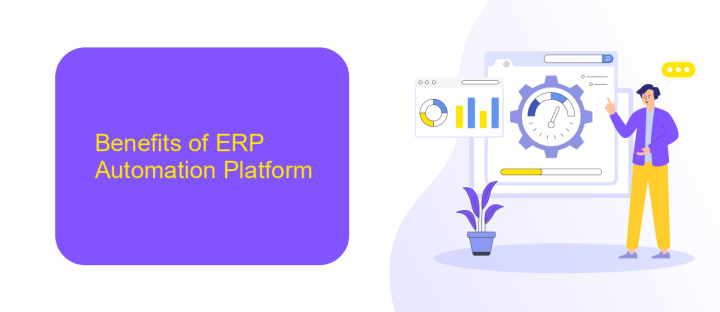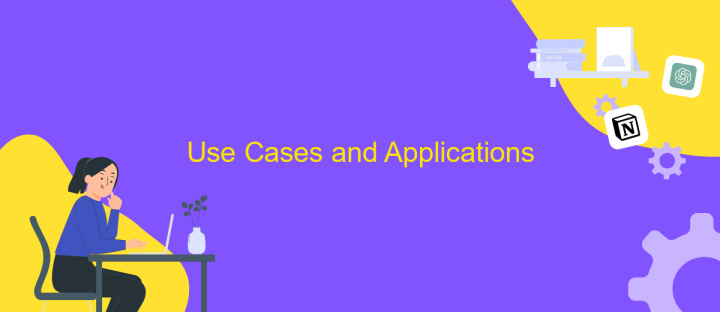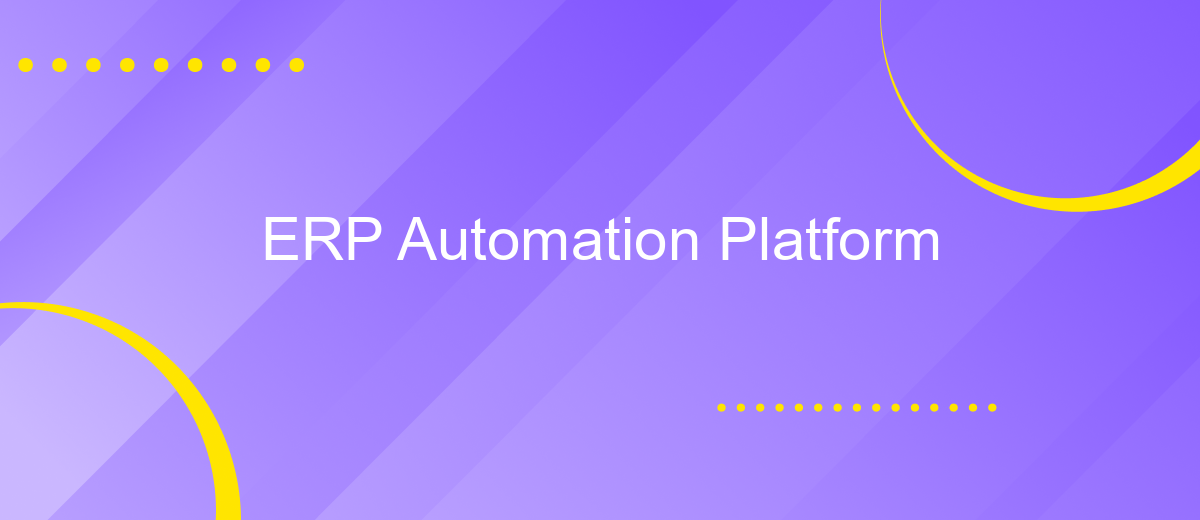ERP Automation Platform
In today's fast-paced business environment, organizations are increasingly turning to ERP automation platforms to streamline operations and enhance efficiency. These platforms integrate various business processes, providing a centralized system that reduces manual tasks and minimizes errors. By automating routine functions, companies can focus on strategic growth and innovation, ensuring they remain competitive in a rapidly evolving market. Discover how ERP automation can transform your business landscape.
Introduction
Enterprise Resource Planning (ERP) automation platforms have become essential tools for modern businesses looking to streamline operations and enhance efficiency. These platforms integrate various business processes, from finance to human resources, into a unified system, reducing manual tasks and minimizing errors. By leveraging ERP automation, companies can improve data accuracy, ensure compliance, and make informed decisions more swiftly.
- Centralized Data Management: ERP platforms consolidate data across departments, providing a single source of truth.
- Process Automation: Repetitive tasks are automated, freeing up employees to focus on strategic activities.
- Scalability: ERP systems can grow with the business, accommodating increased data and user demands.
- Real-time Insights: Access to up-to-date information helps in quick decision-making and forecasting.
As businesses face increasing competition and rapidly changing market conditions, adopting an ERP automation platform becomes a strategic necessity. These platforms not only optimize internal processes but also enhance collaboration across departments, leading to improved productivity and growth. Investing in an ERP solution is a forward-thinking move that positions companies for success in the digital age.
Benefits of ERP Automation Platform

Implementing an ERP automation platform offers numerous advantages for businesses seeking to streamline operations and enhance productivity. By automating routine tasks, companies can significantly reduce manual errors and increase efficiency. This leads to faster processing times and improved data accuracy, allowing employees to focus on more strategic activities. Additionally, ERP automation facilitates better decision-making by providing real-time insights and analytics, ensuring that management can respond swiftly to changing market conditions.
Another key benefit is the seamless integration of various business processes. With platforms like ApiX-Drive, companies can effortlessly connect different applications and systems, ensuring a smooth flow of information across departments. This integration reduces data silos and enhances collaboration, enabling teams to work more cohesively. Furthermore, ERP automation platforms are scalable, allowing businesses to adapt to growth and changing needs without significant disruptions. Overall, adopting an ERP automation platform leads to increased operational efficiency, cost savings, and a competitive edge in the marketplace.
Use Cases and Applications

ERP Automation Platforms have become indispensable tools for businesses seeking to streamline operations and enhance efficiency. These platforms provide a centralized system for managing various business processes, from finance to human resources, and are particularly beneficial for organizations with complex structures or those undergoing rapid growth. By automating routine tasks, businesses can reduce human error, improve data accuracy, and allocate resources more effectively.
- Financial Management: Automate invoicing, payroll, and budget tracking to ensure accurate financial reporting and compliance.
- Supply Chain Optimization: Enhance inventory management, order fulfillment, and supplier coordination to minimize disruptions and improve delivery times.
- Human Resources: Streamline recruitment, onboarding, and performance management processes to improve employee satisfaction and retention.
- Customer Relationship Management: Automate customer interactions and data analysis to enhance service quality and drive sales growth.
- Manufacturing Processes: Integrate production scheduling and quality control to increase efficiency and reduce waste.
These use cases demonstrate the versatility of ERP Automation Platforms across various sectors. By integrating these systems, businesses can not only improve operational efficiency but also gain valuable insights through real-time data analytics, enabling them to make informed decisions and remain competitive in an ever-evolving market landscape.
Key Features and Considerations

ERP Automation Platforms have become essential for streamlining business processes, enhancing productivity, and reducing operational costs. These platforms integrate various business functions into a cohesive system, enabling real-time data access and improved decision-making. As organizations increasingly adopt these solutions, understanding their key features and considerations is crucial for successful implementation.
One of the primary features of an ERP Automation Platform is its ability to automate repetitive tasks, allowing employees to focus on more strategic activities. Additionally, these platforms offer scalability, supporting business growth without significant system overhauls. Security is another critical aspect, ensuring that sensitive data is protected from unauthorized access.
- Comprehensive integration with existing systems
- Customizable workflows and user interfaces
- Real-time analytics and reporting capabilities
- Cloud-based deployment options for flexibility
- Robust security measures and compliance support
When selecting an ERP Automation Platform, organizations must consider their specific needs, budget constraints, and the platform's adaptability to future business changes. Evaluating vendor support and the ease of system upgrades can also influence the long-term success of the ERP implementation. By carefully assessing these factors, businesses can maximize the benefits of their chosen solution.
Future Trends and Innovations
The future of ERP automation platforms is set to be shaped by advancements in artificial intelligence and machine learning. These technologies are expected to enhance predictive analytics, allowing businesses to make more informed decisions. Additionally, the integration capabilities of ERP systems will become more seamless, enabling businesses to connect various applications and data sources effortlessly. This trend will be supported by platforms like ApiX-Drive, which provide easy-to-use solutions for setting up and managing integrations, thus reducing the need for extensive IT involvement.
Another significant trend is the increasing emphasis on customization and user-friendly interfaces. As businesses demand more tailored solutions, ERP systems will need to offer greater flexibility and personalization options. Cloud-based ERP solutions will continue to gain traction, providing scalability and remote access, which are crucial in today's globalized business environment. Furthermore, the incorporation of IoT and blockchain technologies will open new avenues for innovation, enhancing the security and efficiency of ERP systems. As these trends converge, ERP automation platforms will become even more integral to business operations, driving growth and competitiveness.
FAQ
What is an ERP Automation Platform and how does it benefit businesses?
How can an ERP Automation Platform improve data accuracy?
What types of business processes can be automated using an ERP platform?
How does integration work with an ERP Automation Platform?
What should businesses consider when selecting an ERP Automation Platform?
Time is the most valuable resource for business today. Almost half of it is wasted on routine tasks. Your employees are constantly forced to perform monotonous tasks that are difficult to classify as important and specialized. You can leave everything as it is by hiring additional employees, or you can automate most of the business processes using the ApiX-Drive online connector to get rid of unnecessary time and money expenses once and for all. The choice is yours!

